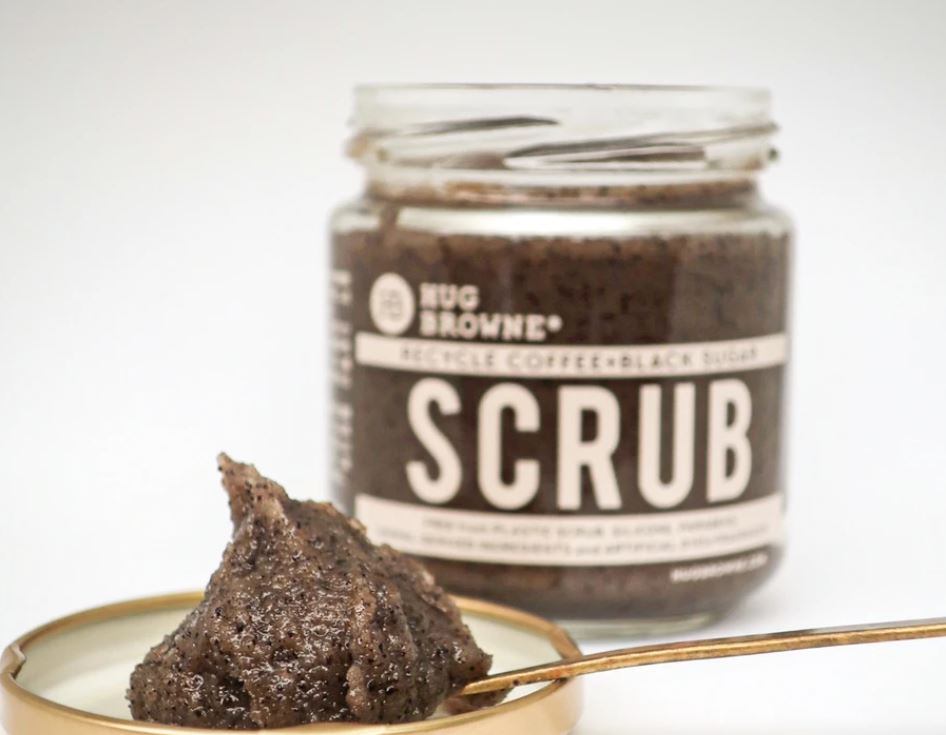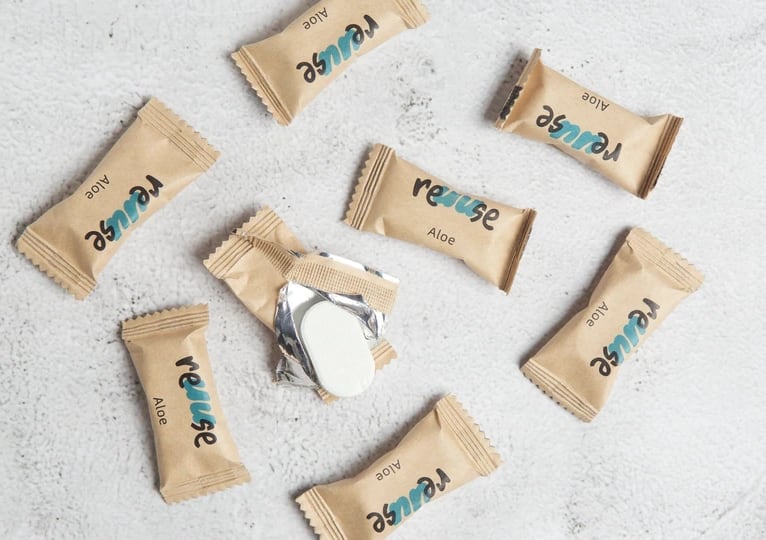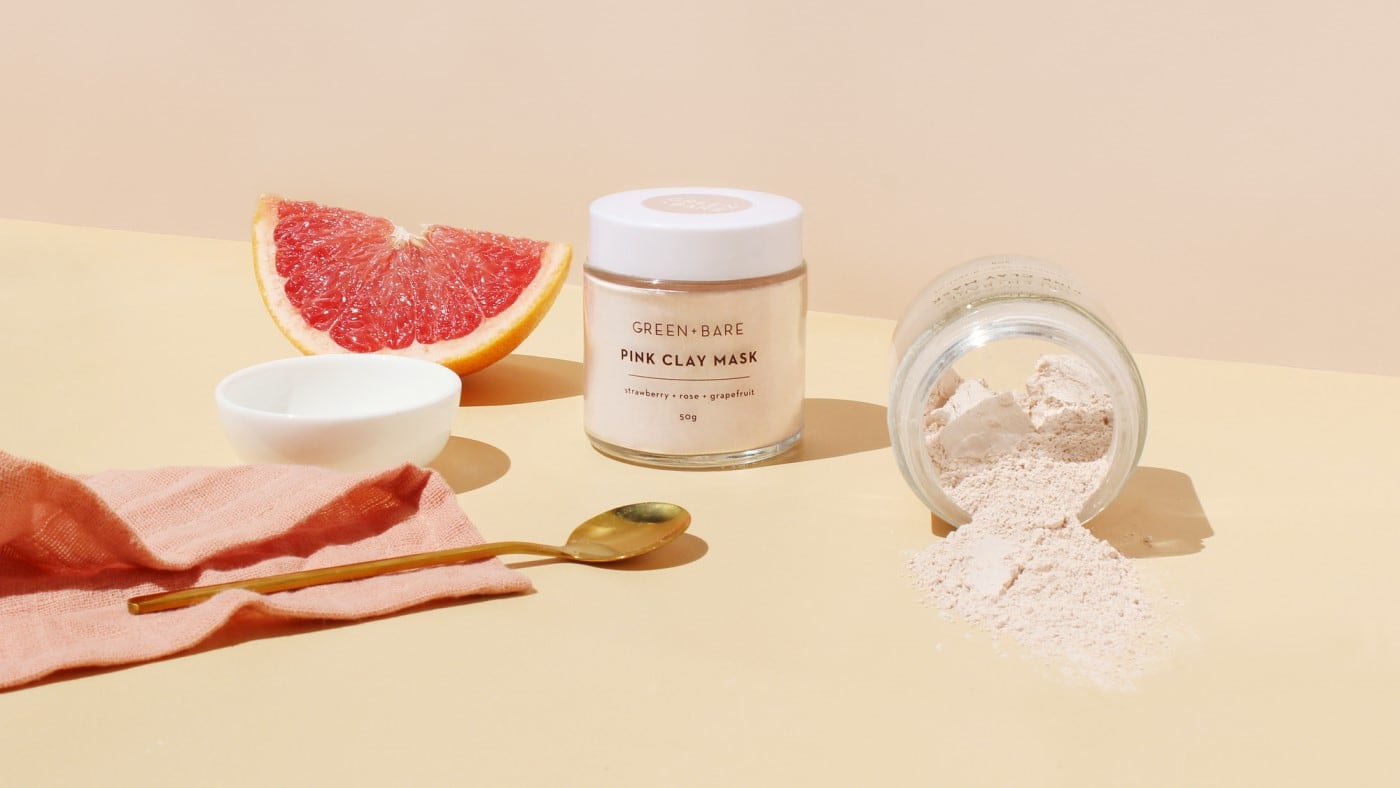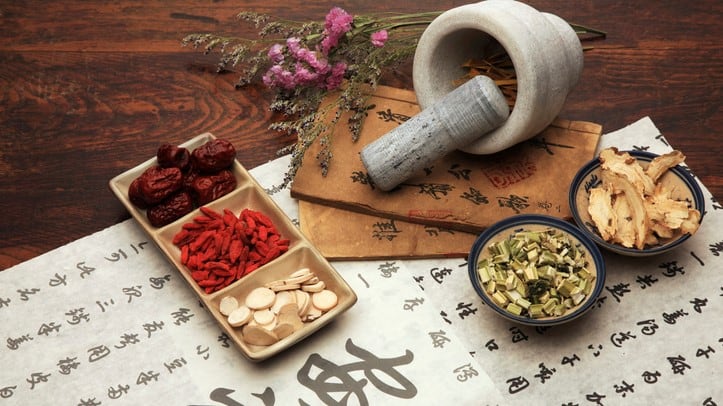The coffee body scrub was launched in September 2020, and is Japan’s first using upcycled coffee grounds. Since its release, the company has sold more than 1,500 units.
“There is a lot of potential in coffee grounds, which can be extracted and use in cosmetics such as a skin care product,” Ayumi Kubota, CEO of Hug Browne told CosmeticsDesign-Asia.
This time, the company will develop products through crowdfunding, a growing movement in Japan where companies work with consumers to generate ideas and develop products according to consumer feedback.
It will also be used to cultivate sustainable beauty habits among Japanese consumers.
“We would like to steadily increase the number of fans who empathise with the brand's philosophy rather than follow a mass production and consumption approach.”
Protect the planet
Ayumi told us she was triggered by marine pollution which motivated her to set up Hug Browne, with the mission to develop products that were not harmful to the environment.
“I started Hug Browne when I was shocked to see the news that a plastic straw came out from the nose of a sea turtle.”
Ayumi has a personal interest in coffee and felt it was wasteful to throw away spent coffee grounds.
Hence, she decided to go with a coffee body scrub as its first product. It was developed using company funds, and not crowdfunding.
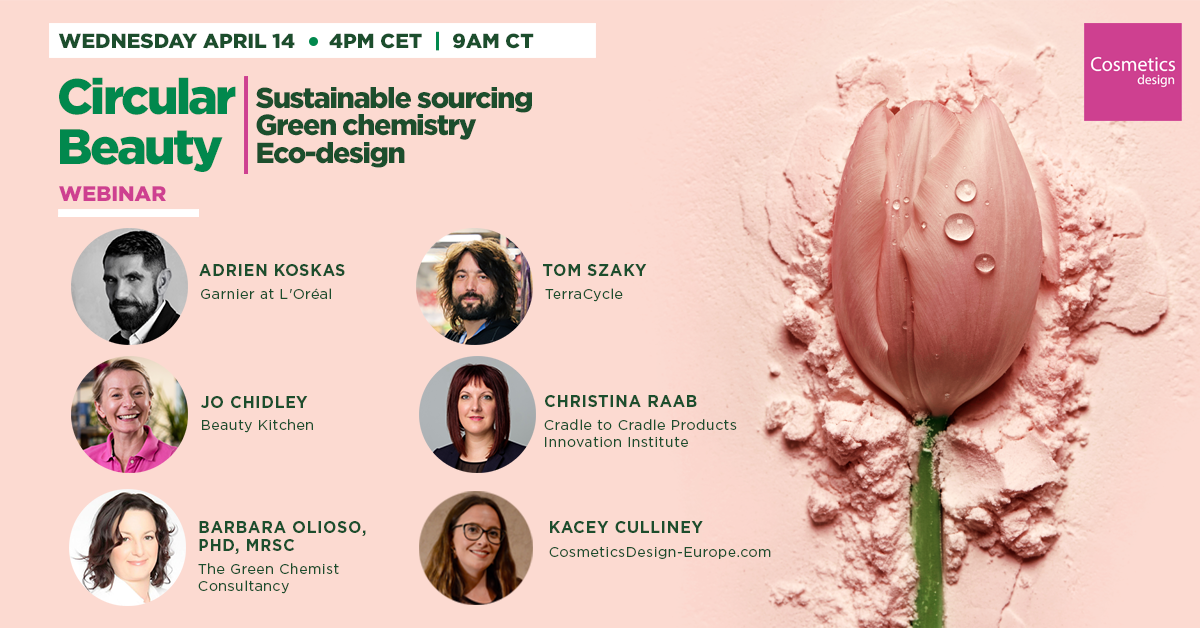
Scrub sustainably
The coffee body scrub acts as an exfoliator to remove dead skin especially on rough areas such as the elbow, knee, and heel.
Hug Browne collaborated with a coffee shop (The Local Tokyo) in the Shibuya area where it gets the coffee grounds. The coffee grounds are collected after espresso making and blended with other ingredients to form a scrub.
The scrub is made entirely from plant-derived ingredients including coffee grounds, brown sugar, sugar beet, rapeseed, palm, palm, corn, potatoes, and sweet potatoes.
It does not contain any silicone, parabens, artificial colors, or synthetic fragrances, and is suitable for people with sensitive skin. The company recommends using the scrub one to three times a week.
In terms of packaging, the coffee body scrub is contained in a glass bottle instead of plastic, where user instructions and relevant information are printed directly on the glass bottle instead of printing on a sticker.
Secondary packaging for delivery is made from recyclable materials such as cardboard, soy ink-printed thin paper and stickers, and uncoated duct tape.
The scrub is currently available on Hug Browne’s online store, Instagram, and coffee shops (The Local Tokyo, The Local Fukuoka).
Ayumi hopes to open a pop-up store in Tokyo this year to increase brand awareness and cultivate sustainable habits among Japanese users through the use of scrubs.
According to her, Japan’s sustainable beauty market is niche with only a handful of companies in the space, mostly make-up brands.
“In the future, I hope that the number of sustainable items will increase in all genres of skin care, make-up, body care, and hair care in Japan.”
However, she warns that there might be abuse of the terms “sustainable beauty” and she hopes “consumers have the knowledge to determine whether a product is truly sustainable without being confused by words.”
Hug Browne is also hoping to tackle the deforestation problem caused by palm oil production, and will begin donating part of its sales to an NGO that protects the forests of Borneo Island from April 2021.

